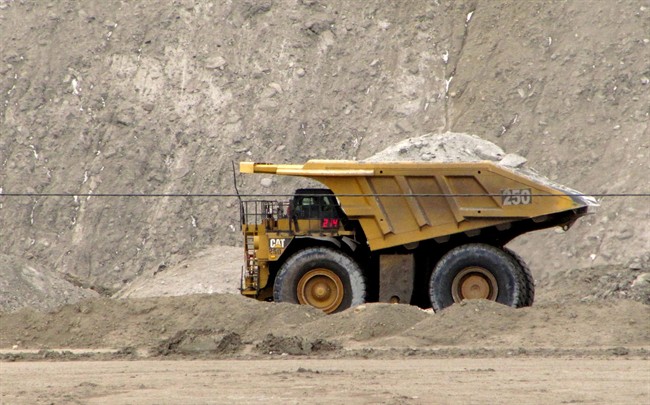The United States government has approved $3.6 million in spending to help Alaska pressure B.C.’s government into reforming mining regulations they claim are lax and present an imminent threat to fish and habitat in transboundary watersheds.

On Dec. 21, U.S. Congress approved the Consolidated Appropriations Act for 2021 that included $3.1 million for the United States Geological Survey (USGS) to expand a 2019 baseline water-quality monitoring program on rivers downstream from B.C. mines.
An allocation of $500,000 was also approved to shore up the involvement of the U.S. Department of State to identify gaps in a memorandum of understanding between B.C. and Alaska, Washington, Idaho and Montana relating to mining activity in transboundary watersheds.
For five years, Alaskan Indigenous tribes and conservation groups have pushed for government involvement over worries of 12 proposed mines in northwest B.C. near salmon-bearing rivers that cross into the Alaskan panhandle.
As proof of inadequate regulatory oversight, they point to the 2014 breached tailings pond at the Mount Polly mine in B.C.’s Cariboo region that released billions of litres of industrial waste into lakes and waterways.
“Historically, 80 per cent of southeast Alaska king salmon (chinook) have come from the transboundary Taku, Stikine and Unuk Rivers — and yet, by this spring, all three rivers’ king salmon populations will likely be listed as stocks of concern, and B.C. is rushing through more than a dozen (very large) projects just over the Alaska border in those same river systems,” said Jill Weitz, director of Salmon Beyond Borders.

Scientists, elected officials and conservation groups also want B.C. bonding requirements increased to adequately cover the costs of remediation and spills.
In a statement, B.C.’s Ministry of Energy, Mines and Low Carbon Innovation said it has a long history of working with Alaska over common interests and addresses the issue of transboundary mining regularly through the framework of its memorandum of understanding to protect the shared environment, and a statement of cooperation on the protection of transboundary waters.
In December last year, the B.C. government unveiled a new Environmental Assessment Act aimed at enhancing public confidence.
The Ministry of Environment and Climate Change said they received submissions from three Alaska-based First Nations and conservation groups during the consultation process.

The issue of transboundary mining receives little discussion in B.C., but is a hot-button issue in Alaska over concerns with hard-rock mines, and in states along the province’s southern border potentially affected by B.C. coal mines.
In May, the province was forced into conversations with the U.S. Environmental Protection Agency to explain why a coal mine in southern B.C. was allowed to exceed guidelines for selenium at rates four times higher than allowable limits for drinking water, and 50 times higher than what’s recommended for aquatic health.
A story about selenium contamination in B.C. from 2019 can be found here.
Also last year, 22 U.S. and Canadian researchers published a letter in the journal Science critical of B.C.’s environmental assessment and oversight, calling the process weak and ineffective without regard for environmental risks over economic rewards.
That letter can be seen here and here.

The letter urged governments to honour their obligations under the 1909 Boundary Waters Treaty to establish environmental reviews that are founded on independent, transparent and peer-reviewed science.
U.S. senators from Alaska, Idaho, Montana and Washington wrote a letter to B.C. Premier John Horgan last year, further pushing for action on potential impacts resulting from large-scale mines in B.C., including improved water quality monitoring.
–With files from the Canadian Press


Comments